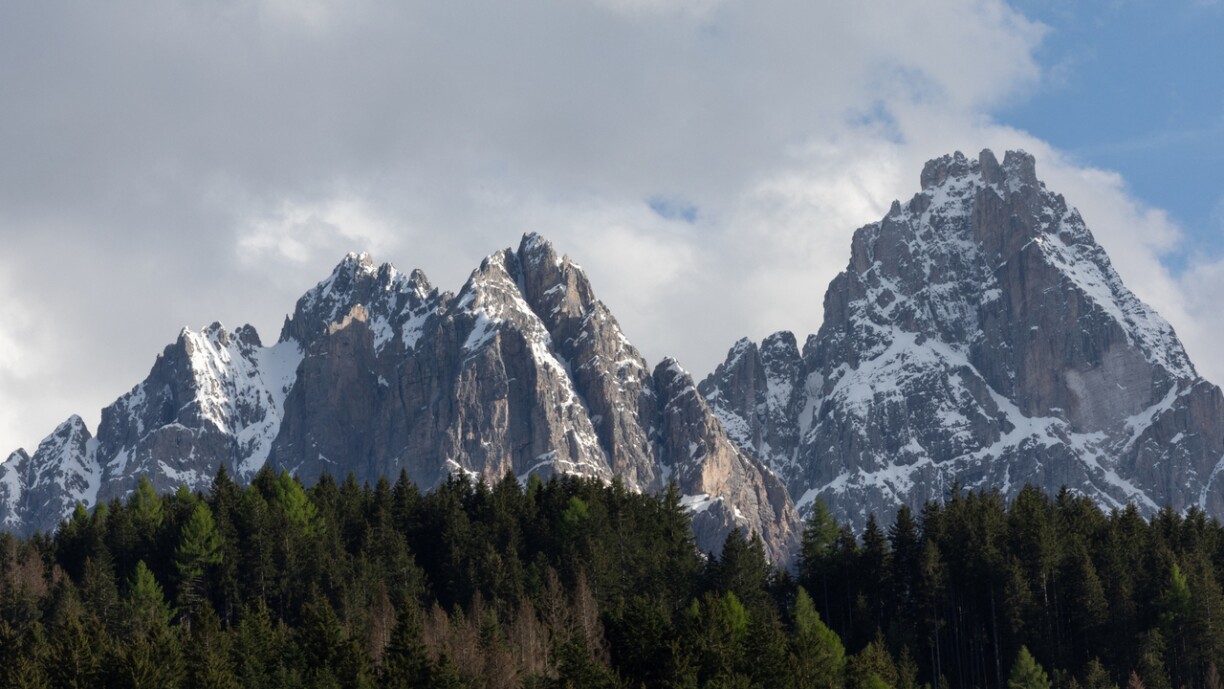
On average, three hikers died each day in the mountains. Since the Covid-19 pandemic, mountain tourism has increased sharply, and more visitors also mean more fatal accidents, explained Simone Alessandrini of the Corpo Nazionale Soccorso Alpino e Speleologico – the Italian mountain rescue service.
According to Alessandrini, there are several causes. First, he explained, mountain weather and conditions change constantly, and climate change has made the environment far more unstable. He added that glaciers are melting, and rockfalls are happening more often, especially in the Dolomites.
He pointed out that the area around Cortina d’Ampezzo has recently seen massive rock wall collapses, while many paths once considered safe are now dangerous. Second, there is a lack of preparation, he said. Alessandrini explained further that the hot summer temperatures drew more people into the mountains in search of cooler air, but that many were unfamiliar with the environment.
He warned that people tend to underestimate the mountains and overestimate their own abilities. He emphasised that social media adds to the problem: for the sake of taking spectacular photos, inexperienced hikers often put their lives at risk.
Alessandrini said that photos online show beautiful places, but that visitors frequently have no idea of the dangers involved. This is why, he stressed, more education is needed. Hikers must learn to assess their fitness, their skills, and their knowledge before attempting alpine hikes, climbing routes or via ferrata trails, he stated.
Alessandrini added that tourists are often seen with the wrong equipment or unsuitable shoes. He explained that many carry too little water and no warm clothing, adding that orientation is also a problem, with people relying only on their phones without carrying a power bank. These small details which can later become life-threatening, he warned.
Asked whether access to the mountains should be restricted, Alessandrini replied that he does not believe this would be the right solution. Instead, he argued, investment should go into awareness campaigns and safety education. He noted that just as people know the risks of swimming too far out at sea, they also need to understand that going into the mountains without proper equipment can be dangerous.
This summer, Italian mountain rescue teams handled between 40 and 50 interventions per day, which represents a sharp increase compared with the years before the pandemic, according to Alessandrini. Still, he concluded that while better preparation and education can reduce the risks, accidents in the mountains will remain an unavoidable reality.